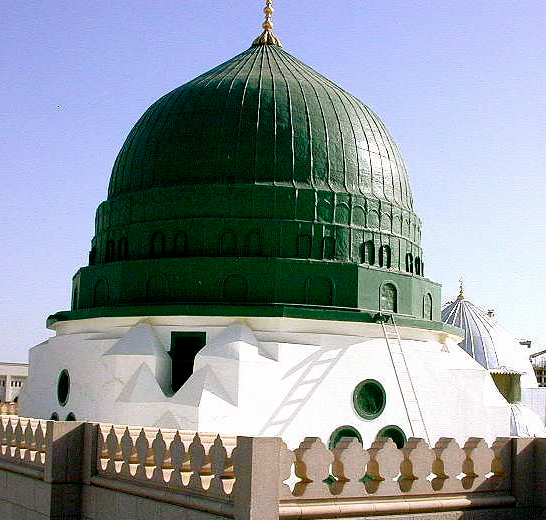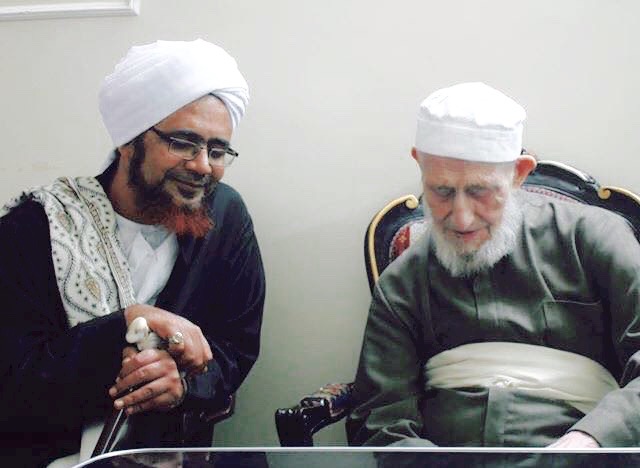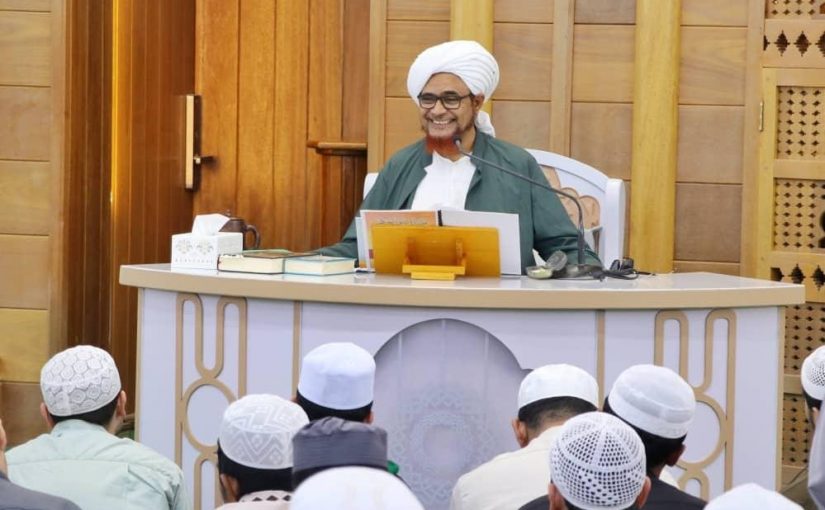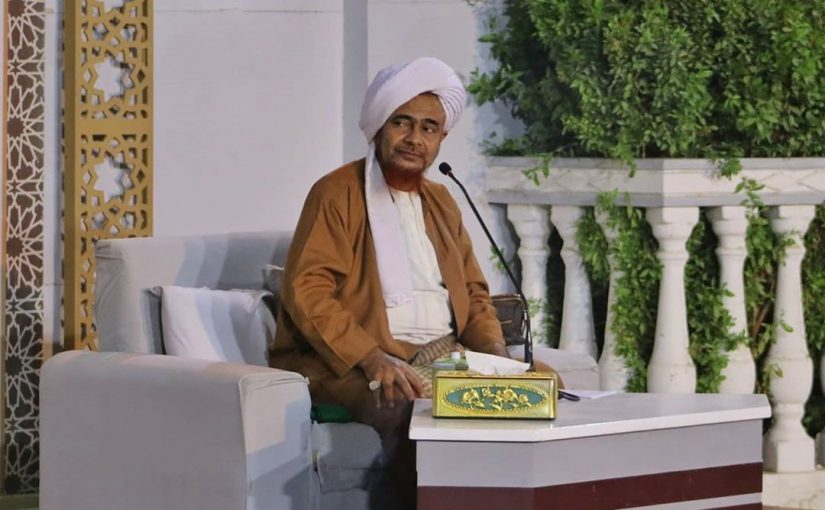Answered by Sayyidi al-Habib Umar bin Hafiz (may Allah protect him and benefit us by him).
What etiquettes should be observed when someone embraces Islam?
It is good that it be made public.
As for the wording, the person embracing Islam should be told to say: Continue reading The Etiquettes of Embracing Islam









